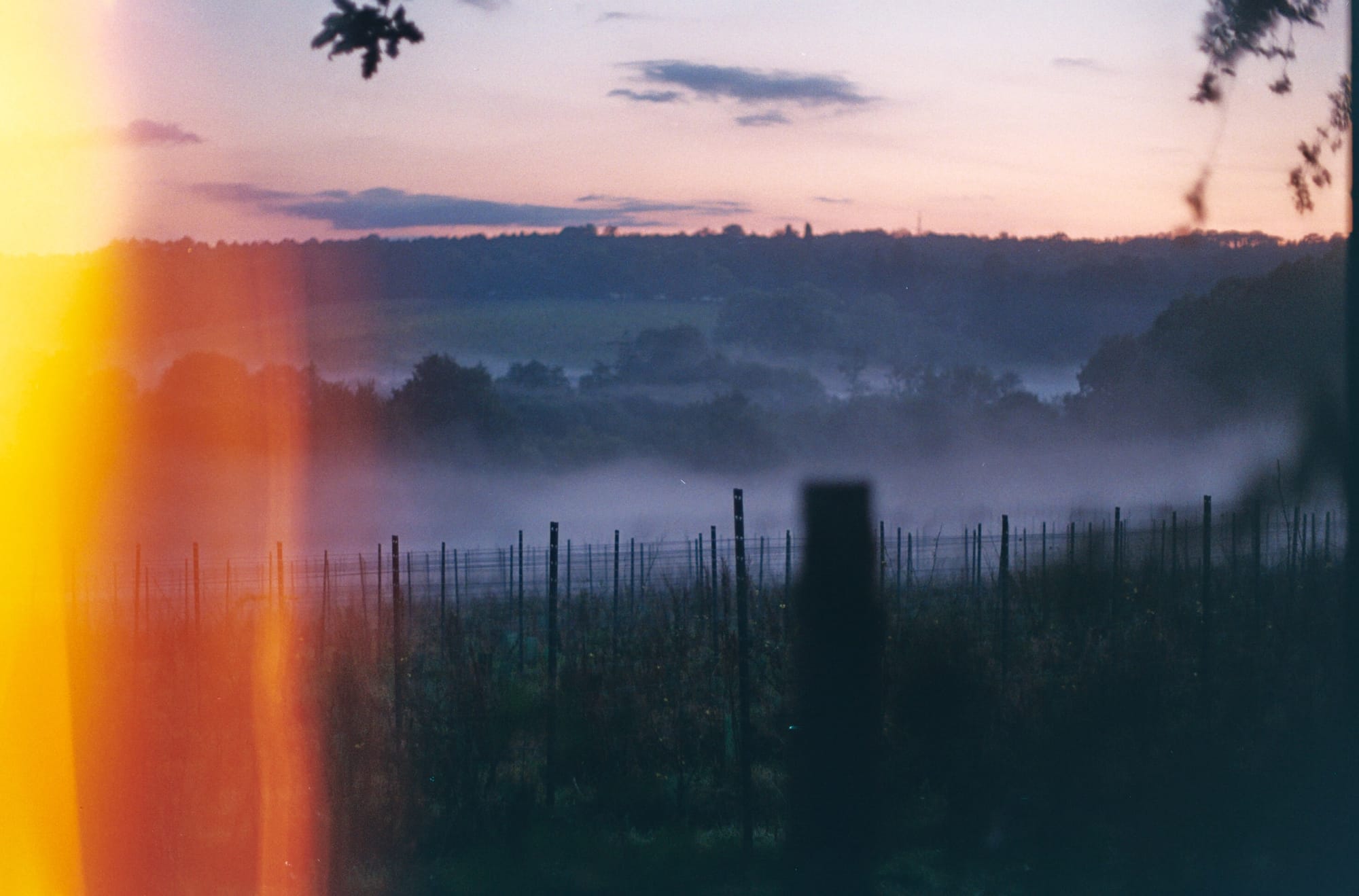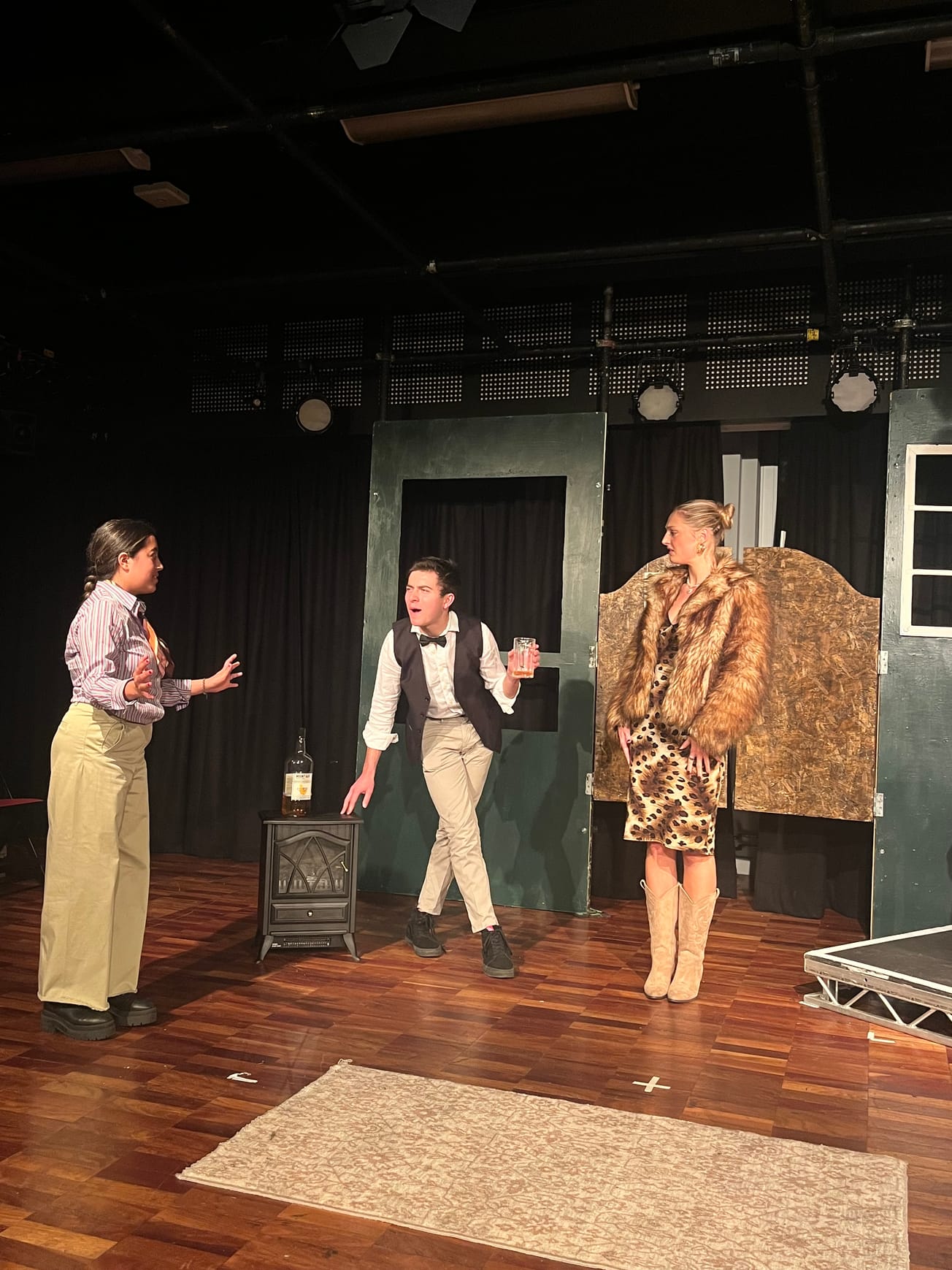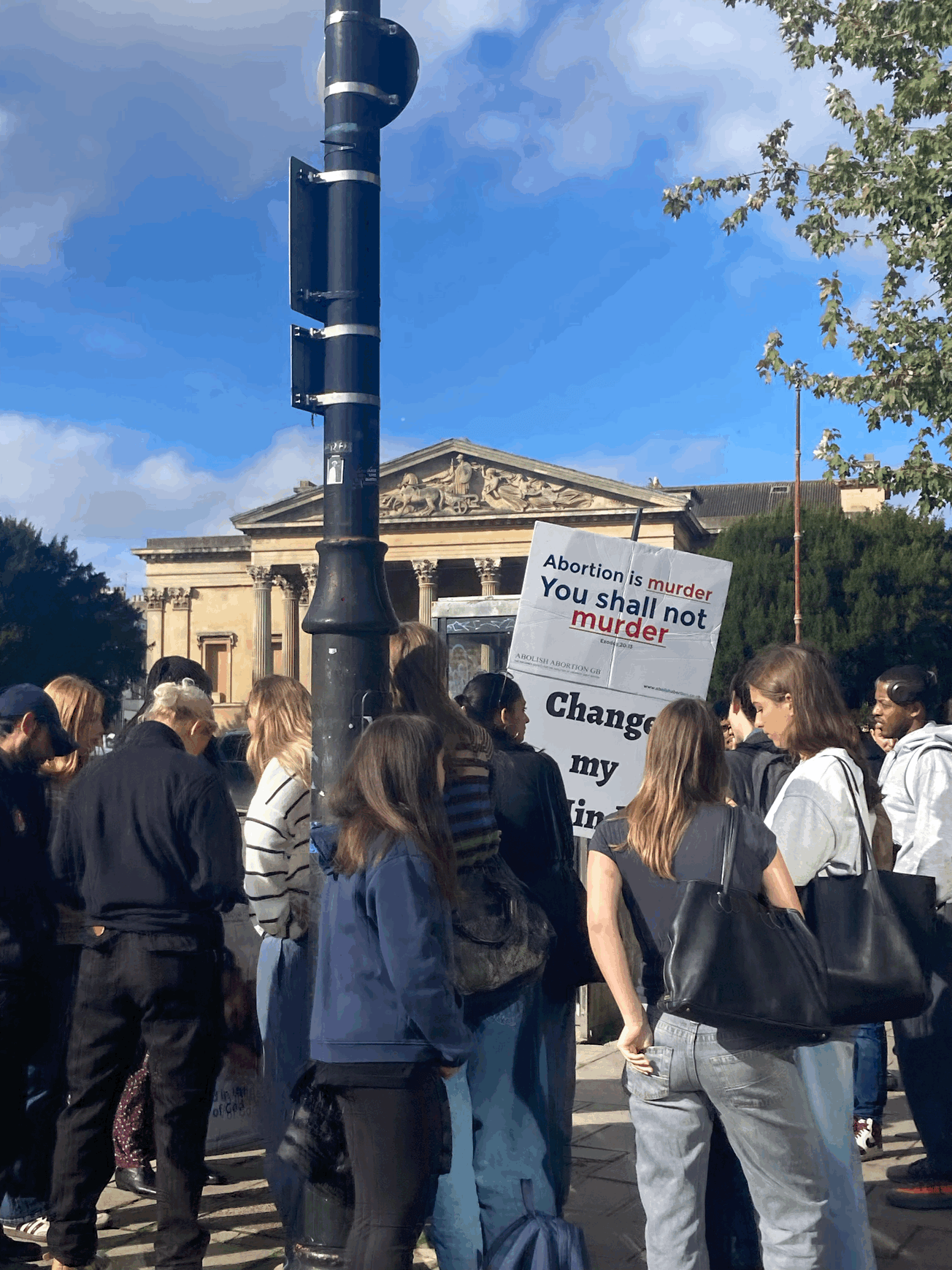By Megan Oberholzer, Liberal Arts
THE CROFT/The cosmos must perceive itself. If we are to believe in engines much greater than ourselves, in nature, in our gods, this can only be true. But how? Through what?
On this Thomas Berry writes:
‘Here, in its human mode, the universe reflects on and celebrates itself in a unique mode of conscious self-awareness.’’ (The Great Work by Thomas Berry). Berry tells us only through the ‘human mode’ can the universe be conscious of itself. Only
through us can the great magnitude of everything reconcile with itself. But what does that mean for us? What role could one human play in the impossibility of the cosmos? Who are you to be the eye of everything?
It is through enchantment that we can be listeners, that we can be eyes. ‘To be enchanted, then, is to participate in a momentarily immobilizing encounter [...] a fleeting return to childlike excitement about life’ says Bennet. As Kathleen Jamie perceives it, ‘seriously [notice]’ the ‘tiny spider descending from the kitchen light’, the ‘fruit fly’ attracted to your glass, ‘the way the yard is darkening, now the nights are drawing in’, the moving world as it exists self-contained around you.

Any tiny encounter with nature can induce your enchantment. Any ‘noticing’ of life as it unfolds, natural and timeless, beside you is enough to see through the iron of our daily slog to the fabric of the cosmos, to the ever-eye of the universe contracting wide and taking in all that is itself.
And it is important. Not just as a seeing-exercise for the greater cosmic engine, but for you. We are dominated by our ‘disenchantment tale’; ‘proponents of disenchantment share with those who lament its loss the assumption that only a teleological world is worthy of our enchantment’ (Bennet, 2016). Our modern world is marked by ‘meaningless’, filled with notions of impending apocalypse through ‘inequity, racism, pollution, poverty, violence of all kinds’ (Bennet, 2016). But our act of ‘serious noticing’, our enchantment through nature, cries out against it; it is our easiest act of resistance, and it shouts: ‘we’re not little cogs, little
consumers, in someone else’s machine’ (Jamie, 2019). We have the capacity to live life our own way, attentively and slow, with consideration for nature outside this endless propeller of capital and monetization.
We do not need meaning for life to be meaningful. Purpose, work, a predesigned role does not need to exist for us to feel self-complete. Take inspiration from nature. Why does the spider spin its web? Why work and hunt just to live? If the life of a spider is meaningless, why does it live at all? Understand that these questions are fundamentally flawed. They ask for purpose when none is required.
So do what is pointless. What requires no justification. Notice the simple acts of nature and wake the consciousness of the cosmos to itself, let it know the mechanisms of its living, feel its breath as whispers in and out of everything. And through its eye, as it looks through us, may we circle round through the great magnitude of everything and perceive ourselves through its eye: exactly as we are, in all of our flaws, our perfections, our desires, emotions, loves - take a moment to run your fingers through the grass. Notice the sun and the way it falls. The
spiders spinning on the lampshade above your desk. The birds call. The wind changing.
Witness. Know. Hold yourself long enough to recognise you are not static matter in a desolate world but an agent of life, a valuable Witness of the Cosmos.
Featured Image: Kirkland Childs
What can be gained from activities with 'no justification'? Why should everything we do have to feel justified?









